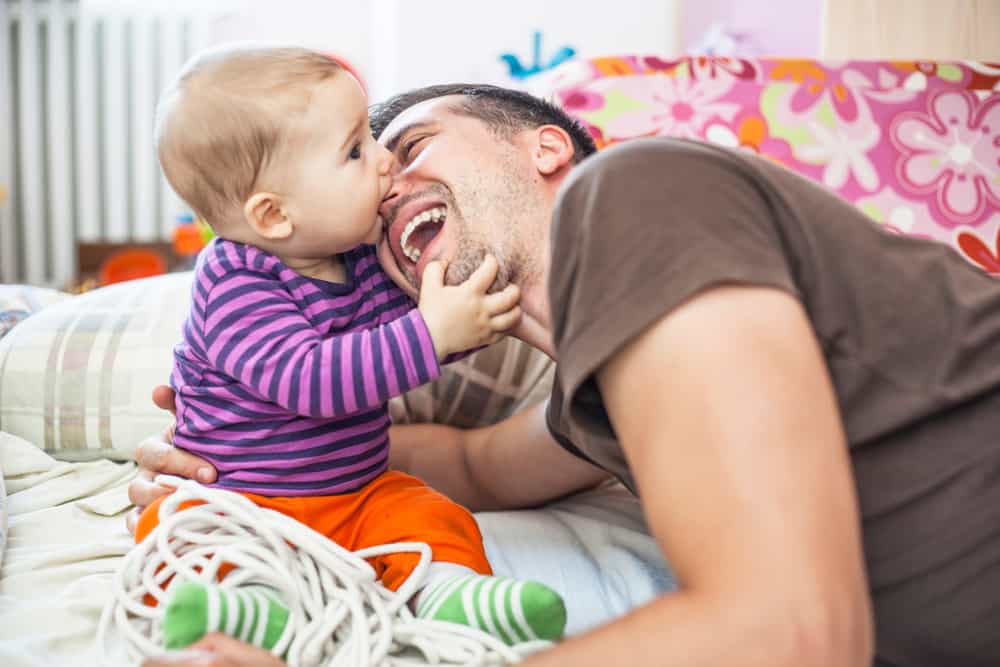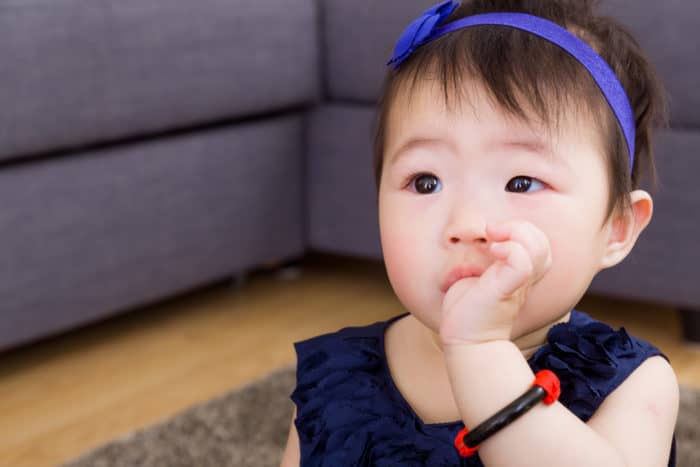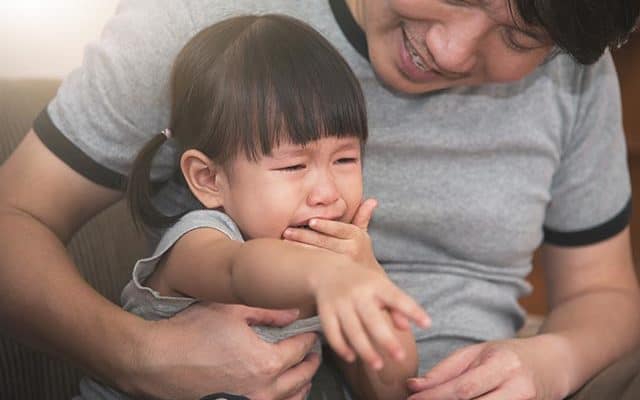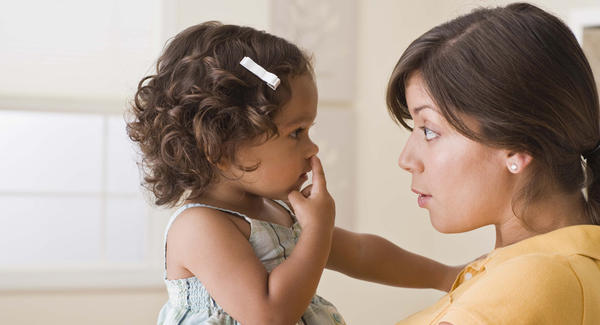Contents:
- Medical Video: 10 Things Men Do That Make Women Melt
- Why do children like to bite?
- Curiosity and curiosity
- Need attention
- Expel the pain
- Expressing anger and irritation
- Tips and tricks for dealing with biting children
- Tips for stopping biting habits in children
Medical Video: 10 Things Men Do That Make Women Melt
As a parent of a toddler who is actively playing, have you ever faced the following situation? When in the playground, you suddenly see your little one bit your friend's arm until you cry. Panicking, you hurriedly pulled it from the "crime scene" and were busy apologizing to the friend's mother. Next, you are amazed. Why do children like to bite, not only their friends but also their toys at home, and what is the best way to handle this situation?
Why do children like to bite?
Toddlers aged 1-3 years like to bite the closest object. Maybe one time you or a partner who becomes a "victim", at other times may be his own brother, to the teacher or his friends in PAUD. Biting habits in this age range are still relatively normal, and are usually triggered by things like:
Curiosity and curiosity
The habit of biting babies generally comes from a combination of curiosity about the surrounding environment and food-seeking instincts. Coupled with motor skills and range of gestures that began to develop rapidly, it would be easier to reach an object and put it in the mouth because it thought food.
Need attention
Curiosity also triggers their curiosity about the response of others from their actions. Will the person (you or your partner, for example) be angry, laugh, cry, or be surprised when he bit your hand or the things around him.
Expel the pain
When the baby starts teething, he will often bite his fingers or toys to ease the pain. Or even her mother's nipples while breastfeeding.
Expressing anger and irritation
Babies still tend to find it difficult to express their emotions. So when children feel upset or ignored, biting is a way for babies to communicate to get attention.
Tips and tricks for dealing with biting children
If other times you catch a child biting a friend or anything nearby, don't panic. Follow the following steps to overcome them.
- Don't scold or shout at him. Stay calm and you should immediately stay away from your child from someone he bites. Angry just makes your child feel frustrated to make it even harder to handle. This action also applies when you see a child biting an object that should not be eaten or put into the mouth.
- Calm the child and ask him why he is biting someone else. Show the results of the bite to the child, so he understands that his actions hurt others. This makes the child reflect on his actions and no longer repeat his actions.
- Then, teach the child to apologize to the person he bites. Next, let the child play with his friend again.
Tips for stopping biting habits in children
Biting habits in children must be stopped. You can help children to get rid of these habits in the following ways:
- Affirm to the child that biting is a bad behavior. Biting a friend can make them sick, while biting toys or other objects can make the object damaged.
- Consider choosing playgroup or daycare centers that have fewer students. This avoids the child feeling neglected so that it is likely not to bite his friend to get the attention of the supervisor or caregiver.
- Teach children to express themselves, when they are sad, angry, upset, or need attention. This prevents the child from venturing his feelings through bites.
- Prepare a pacifier to distract him if the child likes to bite the objects around him.















